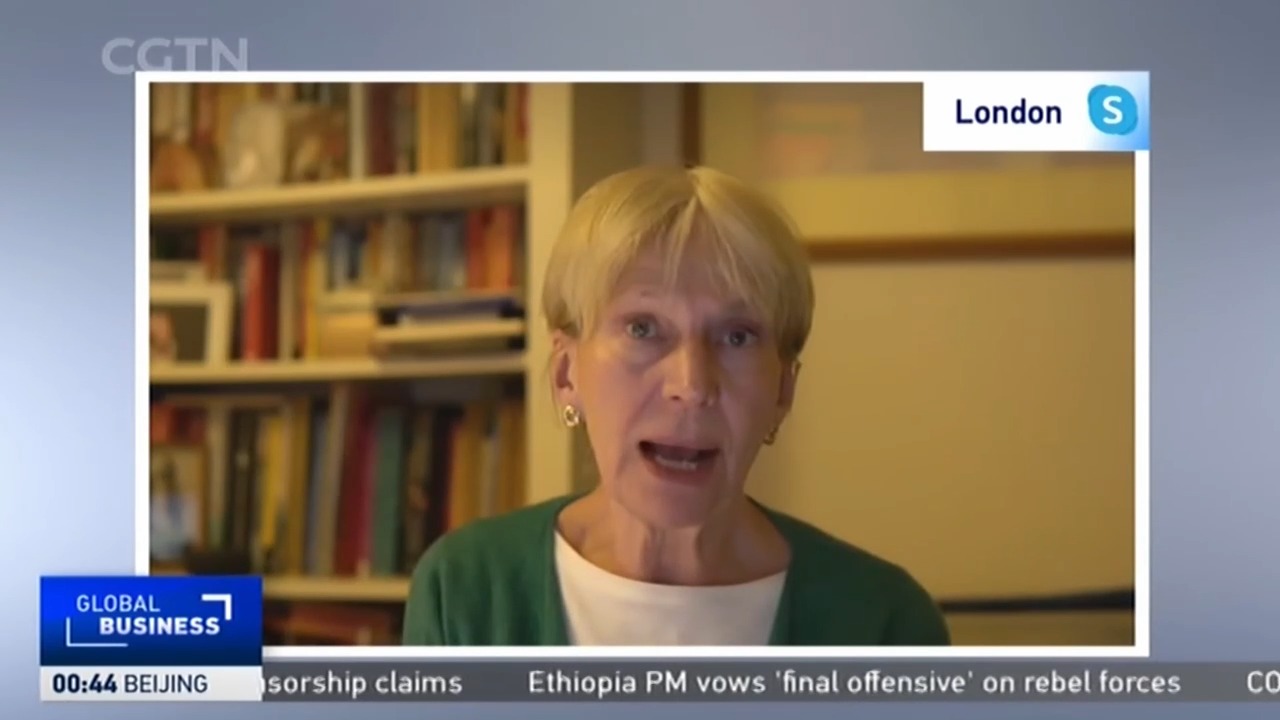04:04

China's plan to ban single-use plastics in less than five years' time is welcome but will be challenging, says Isabel Hilton, the CEO of China Dialogue.
Hilton hailed China's "high capacity for control of its economy," but stressed that the process would be incremental. "I think what is probably more likely to happen is that there'll be an impressive drop in single-use plastics, but it'll be quite hard to eliminate it entirely," she said.
Hilton also called for more international coordination in addressing plastic waste, including stopping the practice of exporting it to other countries – China recycled around half of the U.S.'s recyclable plastics in 2015, according to The Environmental Protection Agency. But has since clamped down on the process.

Earlier this year, China announced plans to ban non-degradable plastic bags in places such as supermarkets and in the country's food delivery services. The ban is expected to be enacted nationwide from 2025.
With the world's largest population, China produces the largest quantity of plastic, at nearly 60 million tons, while the UK and U.S. produce more plastic waste per person than any other major countries, exporting waste to other countries.
While China recycled around half of the U.S.'s recyclable plastics in 2015, much of what it sent was contaminated. China has since addressed the issue and in late 2017 shut its doors to all but the cleanest, recyclable plastics.
For Hilton, "the export of waste really has to stop," but the real issue is single-use plastics and the lack of recycling.

Protests against plastic waste have been held across the world. /AP Photo/Ben Curtis/File
Protests against plastic waste have been held across the world. /AP Photo/Ben Curtis/File
"Recycling plastic is a wicked problem, It's a wicked problem because the virgin material is very cheap, It's a wicked problem because the consumer has relatively little control over plastic use."
Plastic waste has been an unavoidable outcome of the production of personal protective equipment (PPE) developed in the fight against COVID-19.
"It comes back again to setting up structures and systems for recycling, so that plastic doesn't end up in the ocean or in landfill," says Hilton. "And that is going to require quite heavy regulation. You have to make it more expensive to dump than it is to recycle. And that is going to require international coordination."
China Dialogue is a London-based non-profit organization dedicated to a better understanding of China's environmental challenges.

